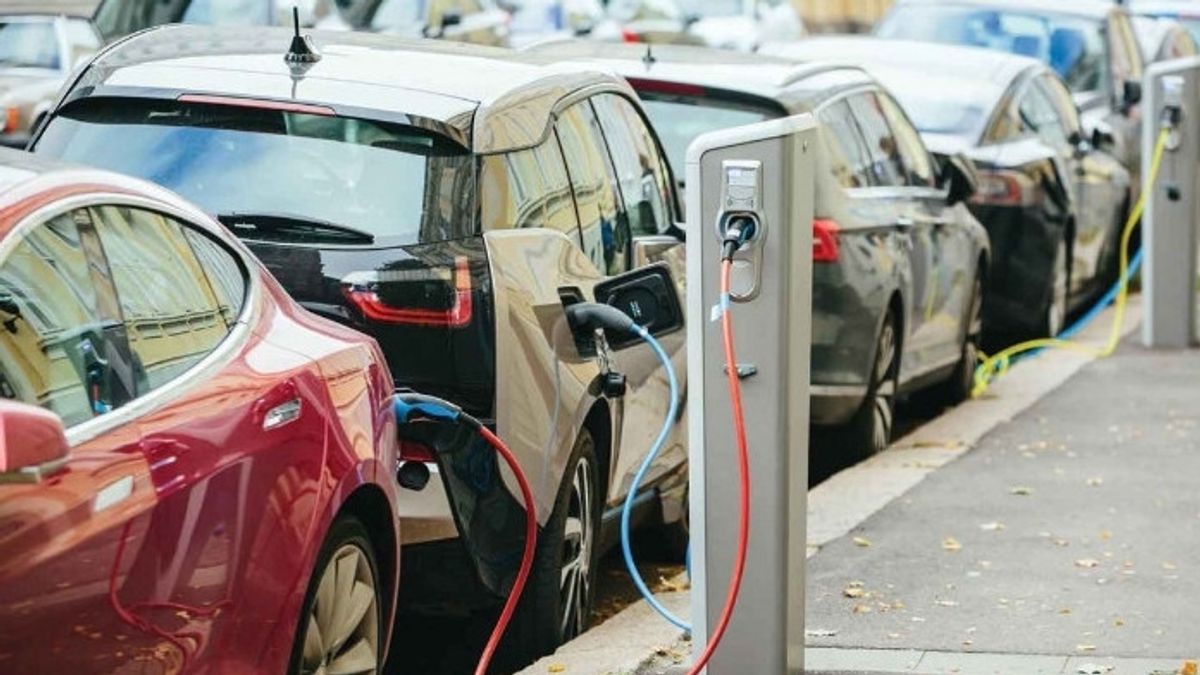Ethiopia’s Transport Minister, Alemu Sime, recently disclosed that the nation expended a staggering €6 billion solely on gasoline and diesel imports last year. This exorbitant expenditure not only poses a severe financial burden but also exacerbates the already alarming levels of pollution in urban areas.
Minister Sime proposes a decisive solution to this pressing issue: an immediate prohibition on non-electric vehicles entering the country, regardless of their age or condition.
The Ministry of Transport is swiftly taking action on crucial plans to establish charging infrastructure nationwide, spurred by Minister Sime’s report presented to the House of Representatives of Ethiopia.

The impending ban will be rigorously enforced, with existing vehicle owners mandated to undergo stringent smoke tests. Any vehicle failing to meet emission standards will be deemed ineligible for servicing and must be removed from circulation.
While this initiative appears promising at first glance, it raises more questions than it answers. Ethiopia currently boasts approximately 2 million vehicles, a significant portion of which are over two decades old.
Aging vehicles already face hefty taxes, incentivizing importers to bring newer models into the country. Conversely, importers of low-emission vehicles enjoy reduced taxes, while local electric vehicle (EV) manufacturing is being incentivized through substantial tax breaks and incentives.
Ethiopia’s streets may soon undergo a remarkable transformation, albeit with challenges. The phased removal of 2 million internal combustion engine (ICE) vehicles will require time, as will the development of charging infrastructure to support the eventual 2 million electric replacements.
However, Ethiopia prioritizes air quality, public health, and mitigating fuel price volatility over convenience.
The nation stands on the brink of a burgeoning EV industry, with manufacturers, importers, and infrastructure providers poised for a “gold rush” moment.
While the immediate ban on non-EVs may seem audacious, it underscores Ethiopia’s commitment to combating pollution and safeguarding public health. Failure to address these pressing concerns is akin to ignoring a looming crisis.
Ethiopia’s bold stance on EV adoption will attract global attention. Supporters of the transition applaud the country’s initiative, while detractors may seek to undermine its efforts.
Nevertheless, this pivotal decision underscores Ethiopia’s determination to shape its future. While challenges lie ahead, Ethiopia’s success could serve as a blueprint for other African nations, potentially positioning the continent as a leader in the global EV transition.

